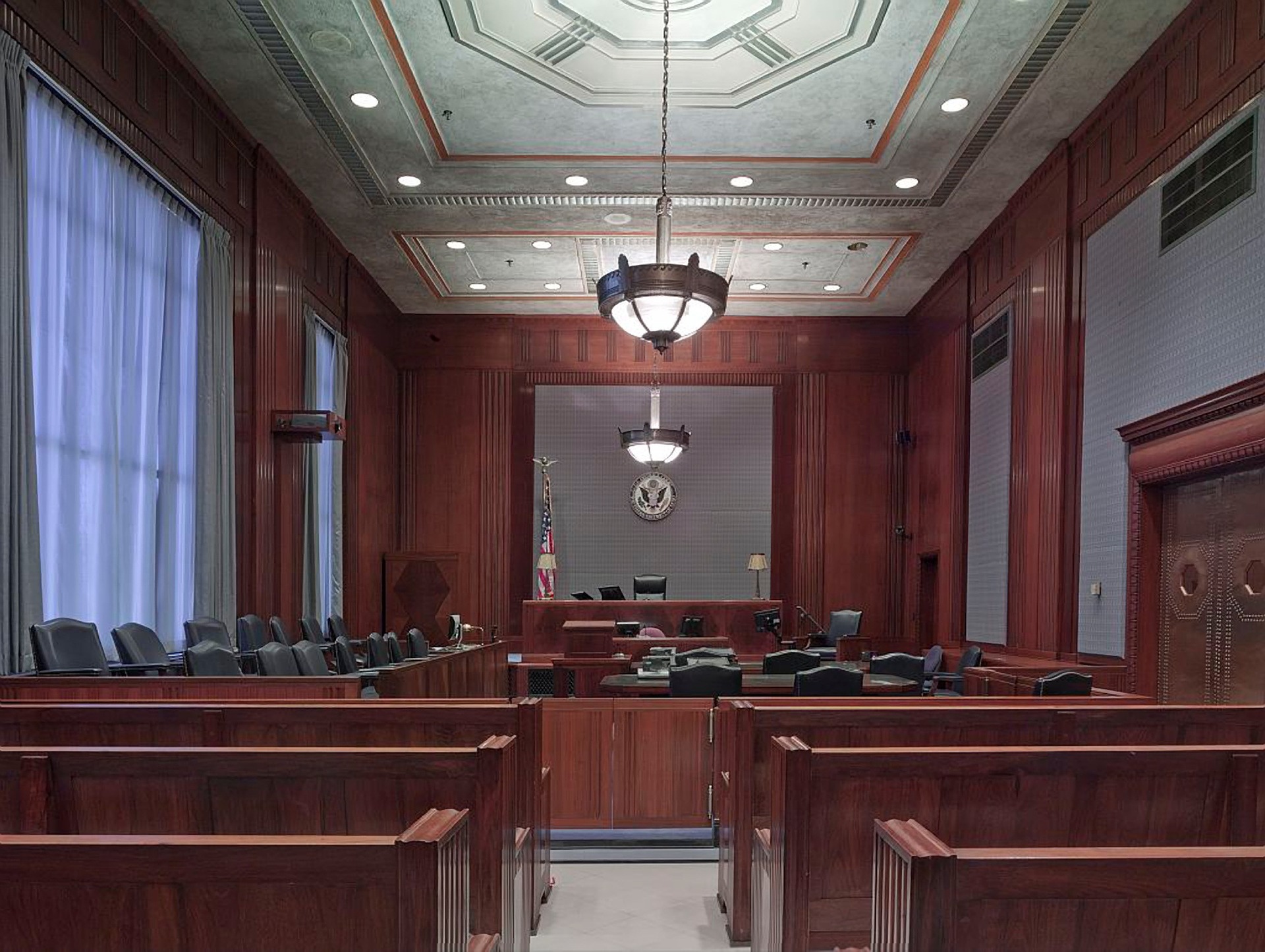Being a juror in a criminal trial is an exciting and sometimes nerve-racking experience. No matter what you may have heard, there are many advantages and disadvantages to being a jury foreman. While the jury is not required to actually render a decision, your decisions will definitely impact the outcome of the case. If you think that you might enjoy jury duty, take some time to learn about the advantages and disadvantages.
Advantages
The primary advantage of jury duty is the opportunity to interact with other people. You will meet other community members during the trial and then again after the trial. While some may view this as an intrusion into their private lives, it is in fact a great chance to develop social relationships with other individuals from the community.
Another advantage is that a jury trial allows you the opportunity to weigh competing views and make an informed decision. During deliberations, you are not bound by the instructions of your legal counsel. In fact, a judge may instruct you to ignore certain facts or testimony if you believe they do not support your verdict. Because a jury can act independently of the judge, they are able to more closely examine the evidence and testimony.
Unlike juries in regular courts, a potential juror has the opportunity to question witnesses and make their own opinions. This gives you an excellent opportunity to learn about the evidence, compare physical evidence with accounts provided by the prosecution, and determine whether there is any other evidence that could help your side of the case. In criminal justice systems where attorneys are allowed to argue their cases in court, jurors often have a more limited amount of time to make their decisions. By giving you the opportunity to make an informed decision, you are better able to apply the law and weigh all the facts.
One of the most obvious advantages of going to trial is that it allows you to have a direct experience with the criminal justice system. Juries in regular courtrooms are required to act on the basis of what the judge tells them. In a bench trial, a judge does not give directions but instead lets the jury determine its own course. A potential juror may question a witness or take an opposite view of an issue. It allows you the opportunity to explore these issues and decide how you should respond.

Disadvantages
One of the biggest disadvantages of juries is that they are not required to consider all the facts. When a dispute arises, the jury may look at only a small portion of all the evidence. This means the jury may come to a decision based on partial or even no evidence. Because of this, some people refer to a jury as a “conscience vote” or a voting machine. Whatever you choose to call it, the fact remains that a jury cannot fulfill the role of a common-minded, objective entity.
If a criminal defense attorney is successful in a bench trial, he or she will have the advantage of a judge hearing the case rather than a jury. A judge’s ruling is final. The advantage to a lawyer is that the judge can look at the evidence and make a determination about guilt or innocence before anyone else sees it. Some people refer to this process as “crowning glory” or “seeing double” since there is no possibility for argument from either side during deliberations. If the case goes to a jury, there is always the chance that someone could tamper with or make an error during deliberations.
Finally
Even though the outcome is rarely tied down to any one factor, attorneys tend to make their clients think that it is. This is usually when the typical client makes the fatal mistake of asking about post-verdict relief. Defense attorneys will argue that a verdict can only be overturned if there is proof that the defendant broke the law in some way. While this argument may make sense from a moral viewpoint, from a legal standpoint it is utter nonsense. A person cannot be convicted of breaking the law without actually breaking it.
